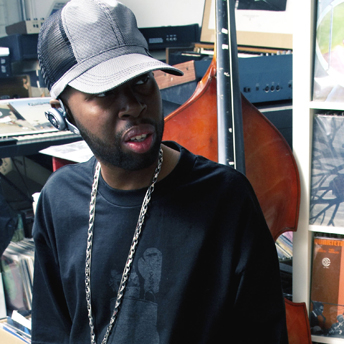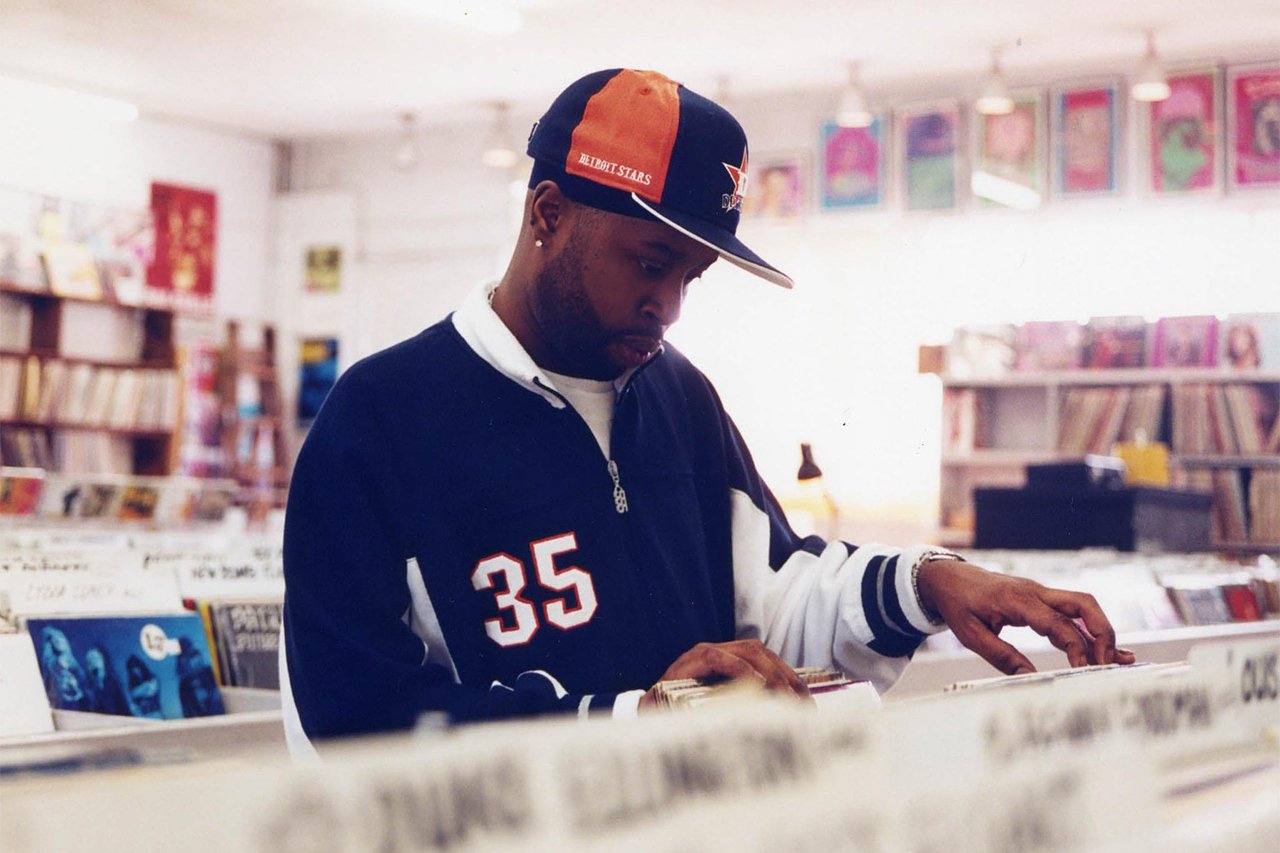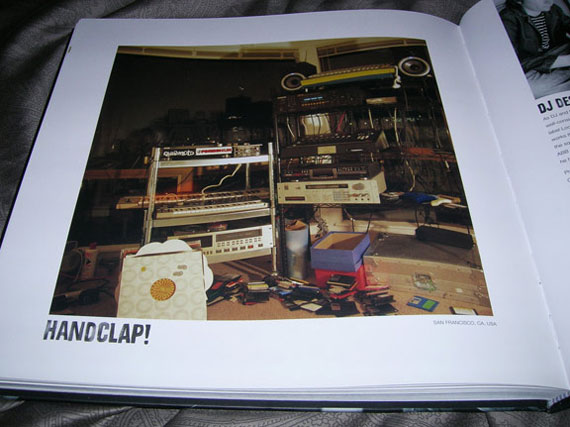

Described by The Roots' Black Thought as the “most gifted beatmaker I’ve known”, Dilla had a huge impact on a huge number of artists' careers, as well as an irreversible influence on the sound of hip hop. y’know, Beej on this joint!”Īt the time of its release, the then 27-year-old had already produced music for A Tribe Called Quest, Erykah Badu, De La Soul, The Pharcyde, Busta Rhymes, Common and countless others. You gotta have this feature and you’re Jay Dee, why ain’t you got Erykah Badu? Why ain’t you got so and so on your album? I’d have had to go through all of that, instead of just putting out.

Cos they’re not gonna let you just do a song or you can’t just do an instrumental. Because I wouldn’t have been able to pull this album off if it came out under a major. So, I wanted to put people on there who are gonna spit y’know, lyrically and represent Detroit. Speaking about ‘Welcome 2 Detroit’ in the album’s liner Dilla said: “Peter let me do whatever I wanted to do. The record also had features from local artists that surrounded him, including Derrick Harvey (of Frank n Dank), Jason Powers (better known by his stage name eLZHi), Dwele, Phat Kat, and others.

The 16-track album worked the music of Dilla’s Detroit into his already established signature sound - one that up until the release of the record was built largely around heavily swung drum patterns, and melodies that saw him likened to John Coltrane. On 26th February 2001, BBE released ‘Welcome 2 Detroit’, the debut solo album from James Dewitt Yancey, and first material under his J Dilla moniker.


 0 kommentar(er)
0 kommentar(er)
